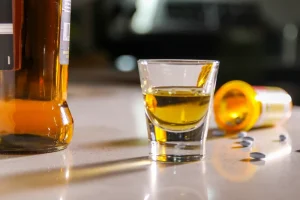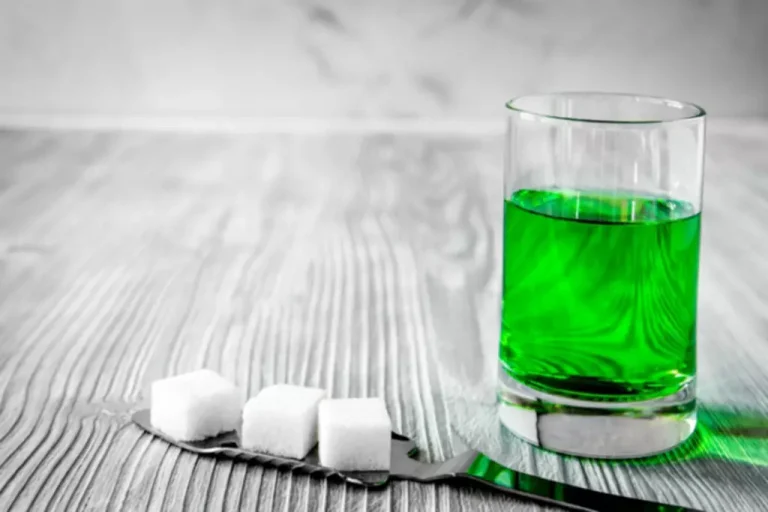
Alcohol and Drug Use Services NYC Health

If you suspect someone has alcohol poisoning, always call 911. Below we’ll explore some of the factors that can contribute to alcohol poisoning and how long you’ll feel the effects. The time it takes alcohol to both have an impact and subsequently leave your system can depend on many factors, such as your weight and how many drinks you’ve had within a given time. Everybody has different limits, and what’s fatal to one person might not be for another. However, there are ways to prevent yourself from getting into a position where your life might be at risk.
Alcohol Poisoning Diagnosis
Rapid test strips for fentanyl and xylazine are available for the public to order and at some harm reduction organizations. Drug-checking services are also available at four of NYC’s syringe service programs. The NYC drug supply is unpredictable, which makes it harder for people who use drugs to reduce their risk of overdose and other drug-related health concerns. Fentanyl, a powerful synthetic opioid, is commonly found in the heroin supply. It is also found in other drugs like cocaine, crack, methamphetamine, ketamine and pills from non-medical sources. Xylazine, an animal tranquilizer, is increasingly found in the opioid supply.

Public Health
Age-standardized death rates among males increased from 54.8 per 100,000 population during 2016–2017 to 55.9 during 2018–2019, and to 66.9 during 2020–2021. During each period, among all excessive alcohol use cause of death categories, death rates among males were highest from 100% alcohol-attributable chronic conditions. An alcohol overdose occurs when there is so much alcohol in the bloodstream that areas of the brain controlling basic life-support functions—such as breathing, heart rate, and temperature control—begin to shut down.
Ethanol Toxicity
Do not wait for the person to have all the symptoms, and be aware that a person who has passed out can die. Don’t play doctor—cold showers, hot coffee, and walking do not reverse the effects of alcohol overdose and could actually make things worse. The more you drink, especially in a short period of time, the greater your risk of alcohol poisoning. A person can consume a fatal dose of alcohol before passing out. Even when the person is unconscious or stops drinking, the stomach and intestines continue to release alcohol into the bloodstream, and the level of alcohol in the body continues to rise. A peer is anyone who has personally experienced substance misuse and/or addiction and who works with others from the community in order to improve quality of life.
Alcohol poisoning
- It is best if their behavior has been observed while the subject is sober to establish a baseline.
- For example, some craft beers may have four times the amount of alcohol that’s in a regular beer.
- Naloxone is a safe medication that can reverse the effects of an opioid overdose.
Someone with a smaller body may experience the effects of alcohol more rapidly than someone with a larger body. In fact, the smaller-bodied person may experience an https://ecosoberhouse.com/ after drinking the same amount that a larger-bodied person can consume safely. Genetic, psychological, social and environmental factors can impact how drinking alcohol affects your body and behavior. Theories suggest that for certain people drinking has a different and stronger impact that can lead to alcohol use disorder.
Smart drinking tips
- Because these may have varying reliability and may produce different results than the tests used for law-enforcement purposes, the results from such devices should be conservatively interpreted.
- The time it takes alcohol to both have an impact and subsequently leave your system can depend on many factors, such as your weight and how many drinks you’ve had within a given time.
- But as you continue to drink, you become drowsy and have less control over your actions.
For determining whether someone is intoxicated by alcohol by some means other than a blood-alcohol test, it is necessary to rule out other conditions such as hypoglycemia, stroke, usage of other intoxicants, mental health issues, and so on. It is best if their behavior has been observed while the subject is sober to establish a baseline. Several well-known criteria can be used to establish a probable diagnosis. For a physician in the acute-treatment setting, acute alcohol intoxication can mimic other acute neurological disorders or is frequently combined with other recreational drugs that complicate diagnosis and treatment. The term intoxication is commonly used when large amount of alcohol is consumed along with physical symptoms and deleterious health effects. Teenagers and young adults who drink may be at particular risk for alcohol overdose.
Potential reasons for increases in alcohol-related deaths
Other common myths about sobering up include drinking black coffee, taking a cold bath or shower, or walking it off. It’s important to know that none of these things will help a person sober up, and they have the potential to cause more harm than good. The only thing that can help a person sober up is time and hydration.

Alcohol Poisoning Treatment

© 2021 Oak Tree. All rights reserved.


Comments are closed.